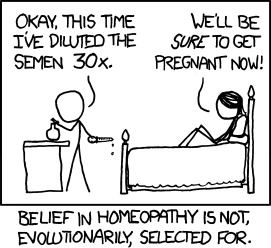I have no idea how this story eluded me for so long, since it’s the type of thing I generally get ten million emails about. A woman is suing Girls Gone Wild for using footage of her shirt being pulled off against her will in one of their videos…and lost the case:
But Patrick O’Brien, the jury foreman, told a reporter later that an 11-member majority decided that Doe had in effect consented by being in the bar and dancing for the photographer. In a trial such as this one, agreement by nine of 12 jurors is enough for a verdict.
“Through her actions, she gave implied consent,” O’Brien said. “She was really playing to the camera. She knew what she was doing.”
Told of that reasoning, the tearful woman said, “I was having fun until my top was pulled off. And now this thing is out there for the world to see forever.”
[…] Stephen Evans of St. Louis, her lawyer, argued Thursday that Doe never gave consent — and even could be heard in original footage saying “no” when asked to show her breasts shortly before another woman suddenly pulled Doe’s top down. Evans said the company usually gets women to sign consent forms or give verbal consent with cameras rolling.
Yes, “she was totally asking for it” was successfully used as an excuse in a court of law. What. The. Hell. Since when has dancing been consent to rip clothes off a woman? While she’s saying “no”?! It doesn’t matter how flirty she was being or how sexy she was dressed – that is not consent for what GGW has done.
This is the same bullshit argument people use to defend rape, and now a court has actually accepted it. For the sake of women across the country, I hope they try to overturn this ruling. The last thing we need is people getting off for sexual assault or rape because the woman was showing cleavage at the time of the crime.
This is post 14 of 49 of Blogathon. Pledge a donation to the Secular Student Alliance here.





